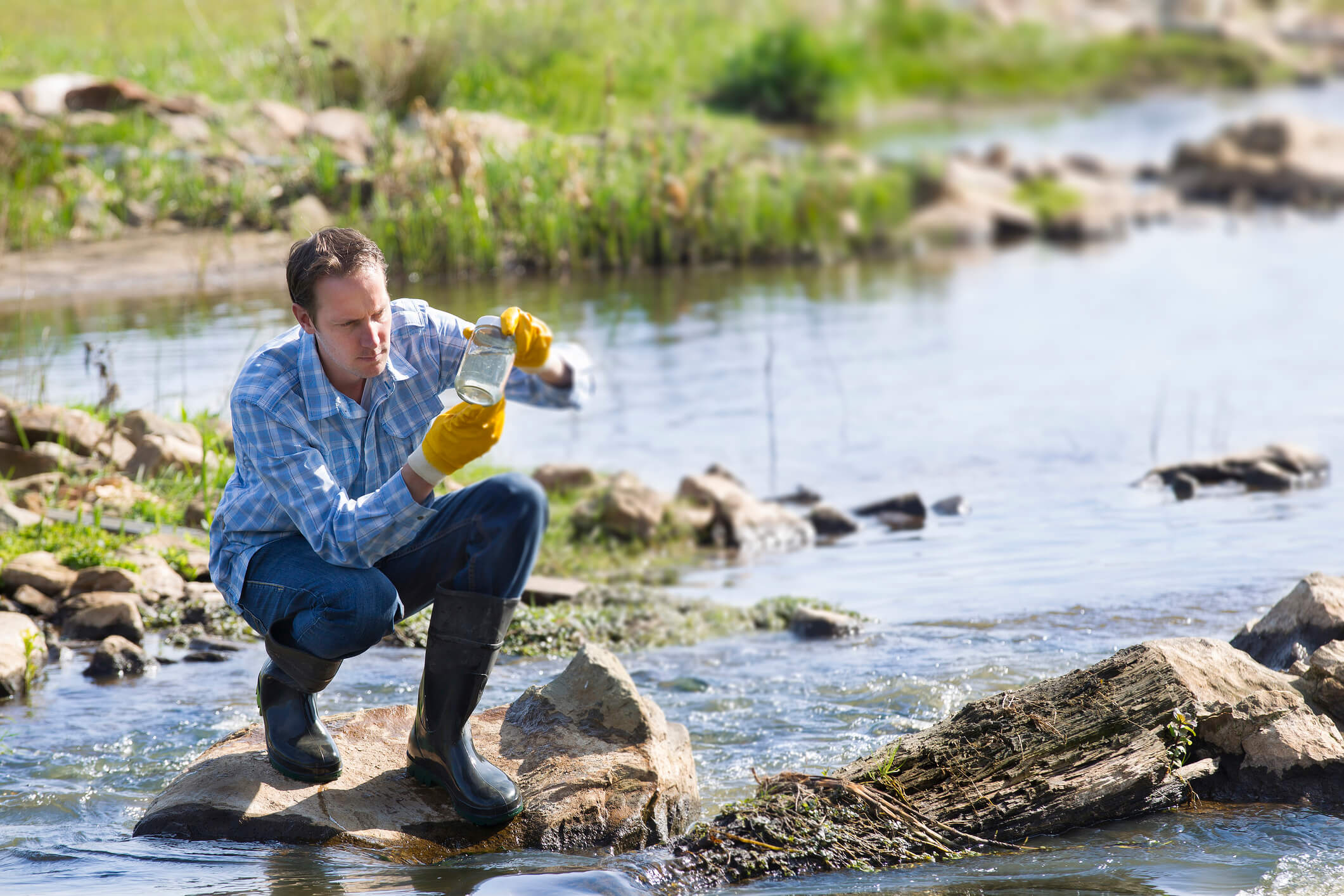Fish capture technology
Overall Course Objectives
The course aims at providing students with in-depth practical experience in planning and conducting a fishing gear selectivity trial at sea on DTU Aqua’s research vessel Havfisken. The students will be trained in designing data-collection protocols, critically evaluating the appropriate experimental method, assess the quality of the data collected, and apply multiple modelling approaches. Moreover, the course will familiarize the students to the commercial fishing sector and the fisheries regulatory system and provide an in-depth understanding of the technical and biological principles behind a the efficiency and impact of the most important active and passive fishing methods.
At the end of the course, the students will be able to present in a scientific format and critically discuss the selectivity data collected during the course in relation to the current management strategy and the principles of biological and economic sustainability in fisheries.
Learning Objectives
- Reflect on the different technical and biological principles behind a range of the most important commercial fishing methods.
- Assess size- and species selectivity and understand the role of fish-behavior and the mechanical part of the selection process in both active and passive fishing gears.
- Criticize different catching methods in terms of selectivity and catch efficiency.
- Summarize innovations in fisheries technology including specific gear developments, information-based fishing strategies and SMART-Fishing technologies and discuss their drivers within the fishing industry and fisheries management.
- Predict selectivity from species morphological conditions.
- Design scientific sampling strategy for experimental selectivity trails at sea.
- Conduct experimental fishing and secure collection of strong data at sea.
- Analyze experimental data by applying adequate selectivity models and critically evaluate both data and modelling results.
- Present and discuss the results of selectivity trials in a scientific format (mini-paper).
Course Content
This is a three-week intensive summer course of which 10 days are based in Hirtshals (Northern Denmark) in close proximity to the Danish fishing industry, research vessels and the facilities at the North Sea science park. The course will cover a range of the main fish capturing methods and the different steps of their underlying technological and biological principles. The effect of fish capturing process on the stocks, the product and on the environment will be described and discussed in relation to present and future management strategies for biological and economical sustainable fisheries. The design principle, innovations and development of fishing gears and methods, will be explained and demonstrated through lectures, excursions to net-makers, commercial fishing vessels and the Hirtshals trawl flumetank. Computer exercises will be used to demonstrate methods to analyze the selective properties of fishing gears.
The students will in groups plan and conduct an experimental selectivity sea trial. Each group will go one day onboard RV Havfisken testing a selective fishing gear in a twin-trawl configuration at sea. Each group will critically evaluate the collected data, analyze the data and present the data as a scientific draft manuscript which is presented at the oral examination.
The course provides the necessary basic understanding for students interested in progressing academically or as a stakeholder within subjects interacting with fishing gears at any level.
Teaching Method
Lectures, computer exercises, experimental sea trial, field studies and student presentations. 5 days of intensive lectures, student presentations and computer exercises, 1 day at sea, and 4 days of critical evaluation of collected data, data analysis and scientific presentation of data (manuscript form) and preparation.
Faculty
Remarks
It is recommended for the students to attend the course 25335 or similar introductory courses in fisheries technology before attending this course, but this is not a prerequisite. Data analyses will be conducted in R and R Studio; previous experience with these software is an advantage but not a requirement, as support will be available throughout the course.
The course is free of charge for all PhD students, with the exception of a fee of 3000 DKK required to cover the sea trial activities.
Professionals that wish to take the course for competences development are required to pay a participation fee (DKK 2120 per ECTS point + the 3000 DKK to cover for sea trial activities) and, if from a country outside the EU/EAA zone, a tuition fee (DKK 620 per ECTS point).
This course provides students with competences relevant to UN SDGs, particularly #2 (Zero hunger), #12 (Responsible consumption and production) and #14 (Life below water)



